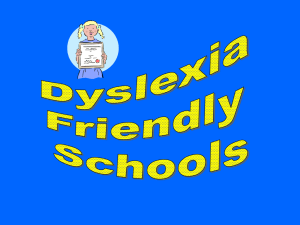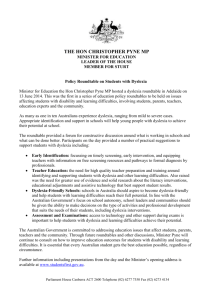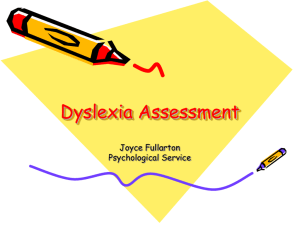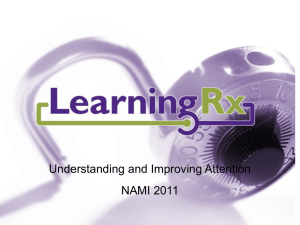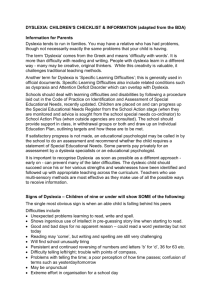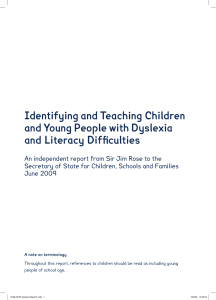Dyslexia (opens in a new window)
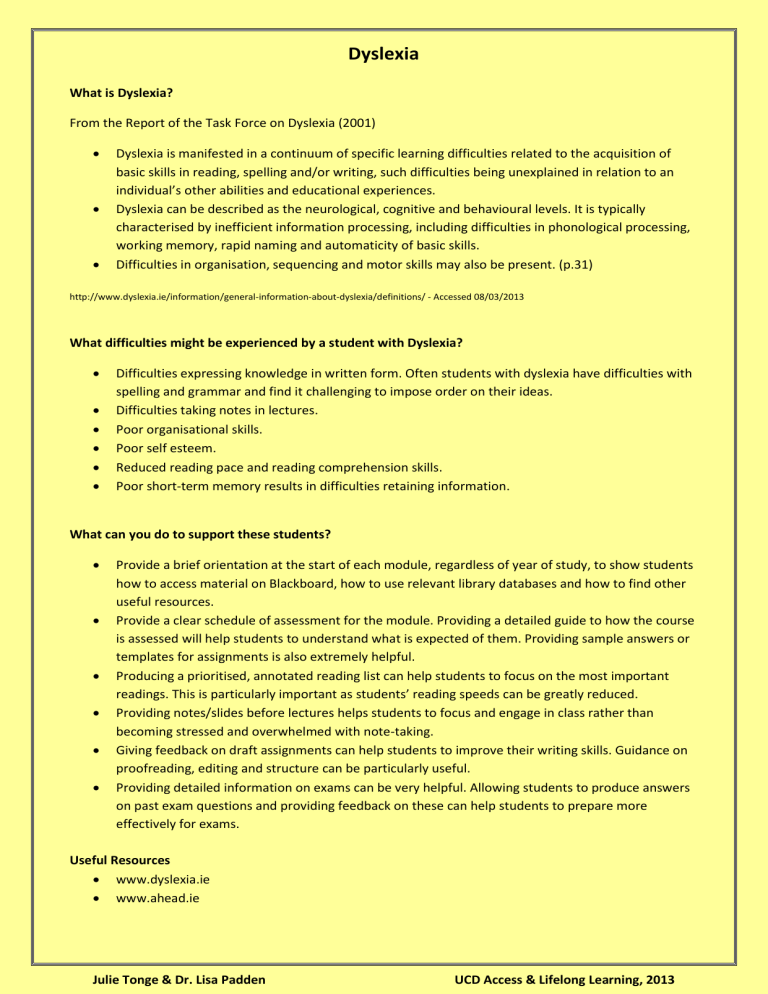
Dyslexia
What is Dyslexia?
From the Report of the Task Force on Dyslexia (2001)
Dyslexia is manifested in a continuum of specific learning difficulties related to the acquisition of basic skills in reading, spelling and/or writing, such difficulties being unexplained in relation to an individual’s other abilities and educational experiences.
Dyslexia can be described as the neurological, cognitive and behavioural levels. It is typically characterised by inefficient information processing, including difficulties in phonological processing, working memory, rapid naming and automaticity of basic skills.
Difficulties in organisation, sequencing and motor skills may also be present. (p.31) http://www.dyslexia.ie/information/general-information-about-dyslexia/definitions/ - Accessed 08/03/2013
What difficulties might be experienced by a student with Dyslexia?
Difficulties expressing knowledge in written form. Often students with dyslexia have difficulties with spelling and grammar and find it challenging to impose order on their ideas.
Difficulties taking notes in lectures.
Poor organisational skills.
Poor self esteem.
Reduced reading pace and reading comprehension skills.
Poor short-term memory results in difficulties retaining information.
What can you do to support these students?
Provide a brief orientation at the start of each module, regardless of year of study, to show students how to access material on Blackboard, how to use relevant library databases and how to find other useful resources.
Provide a clear schedule of assessment for the module. Providing a detailed guide to how the course is assessed will help students to understand what is expected of them. Providing sample answers or templates for assignments is also extremely helpful.
Producing a prioritised, annotated reading list can help students to focus on the most important readings. This is particularly important as students’ reading speeds can be greatly reduced.
Providing notes/slides before lectures helps students to focus and engage in class rather than becoming stressed and overwhelmed with note-taking.
Giving feedback on draft assignments can help students to improve their writing skills. Guidance on proofreading, editing and structure can be particularly useful.
Providing detailed information on exams can be very helpful. Allowing students to produce answers on past exam questions and providing feedback on these can help students to prepare more effectively for exams.
Useful Resources
www.dyslexia.ie
www.ahead.ie
Julie Tonge & Dr. Lisa Padden UCD Access & Lifelong Learning, 2013



